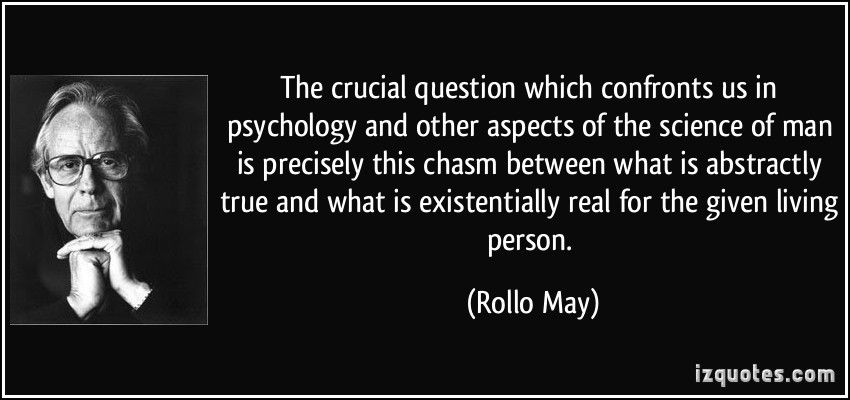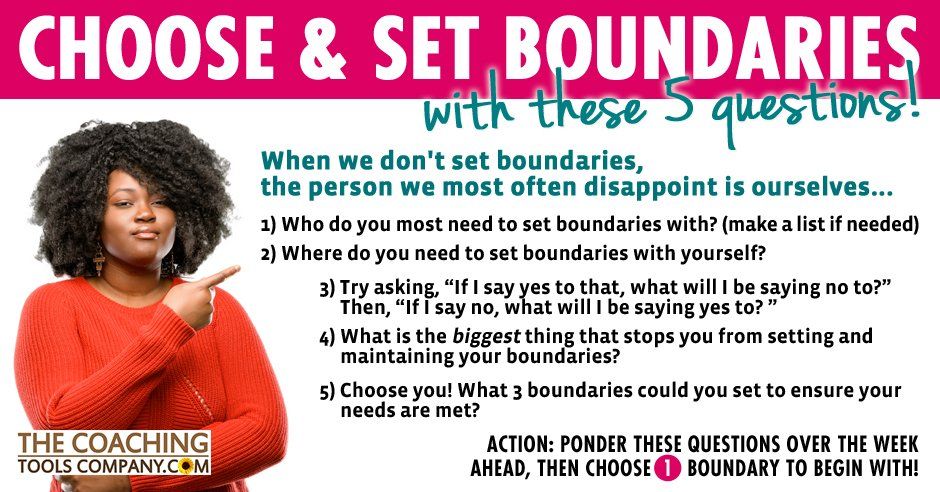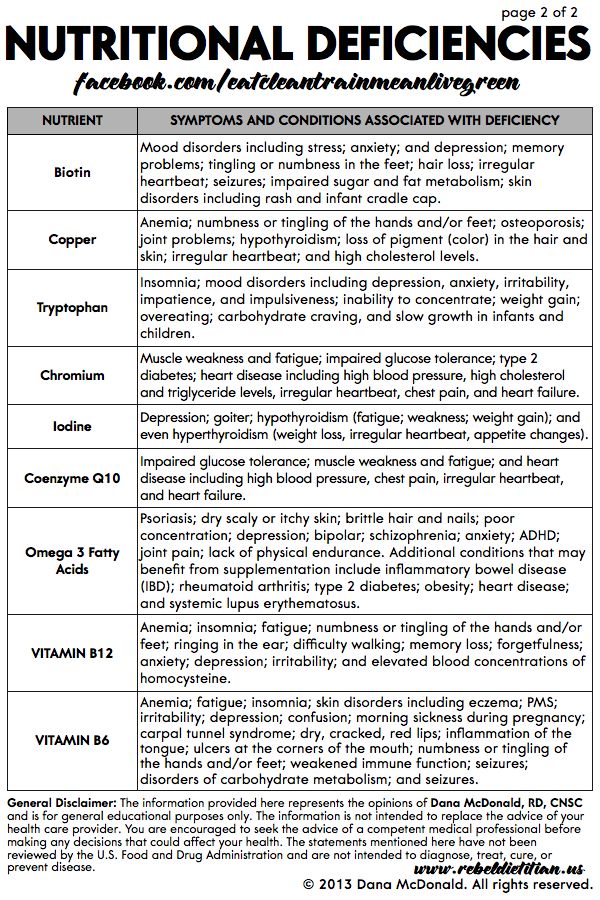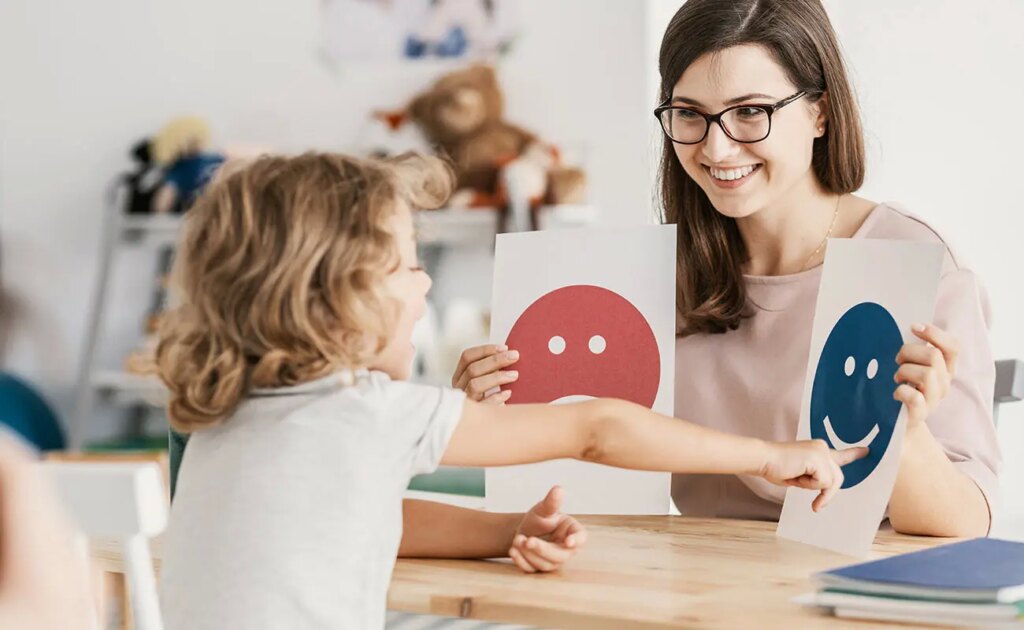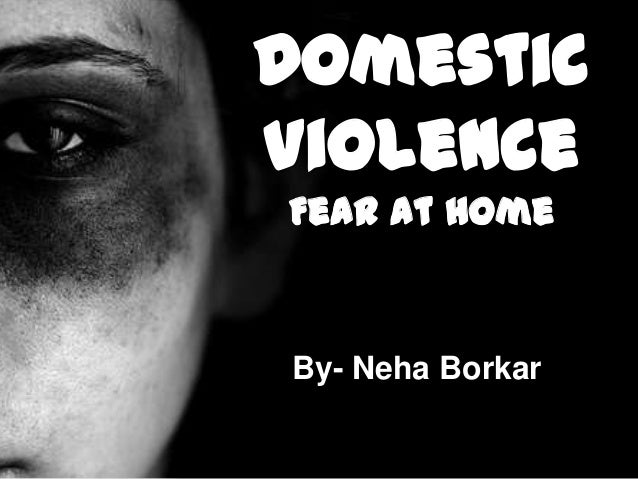Anxiety in evening
What To Do When Anxiety Gets Worse In The Evening
Everyone experiences anxiety differently. There are people that wake up and already struggling with significant anxiety. While they experience most of their anxiety in the mornings and it tends to last all through the day, it is almost never as bad as it is when they get up.
But there are others that experience anxiety that gets worse in the evenings. Many still have anxiety throughout the day, but it is during the evening hours when their anxiety tends to become far more overwhelming.
Causes of Evening Anxiety
Anxiety that gets worse in the evenings may be caused by several issues, including the association of bedtime with stress, a lack of distraction forcing you to think about your anxiety, and simply being drained from the day.
The causes of evening anxiety are somewhat unclear, in that there is not anything in particular about anxiety that should cause it to increase in the evenings. This means evening sufferers likely have a specific cause to their symptoms. Possible causes include the following:
- Post-Work Stress - Many people experience considerable anxiety after work, because of the lasting experience of their work day. When suffering from repeated work-related stress, it is not uncommon for tension to build, increasing the potential for late-night anxiety.
- Morning Distractions - Throughout the morning and afternoon, you tend to be very busy. Distractions serve as an important tool for relieving anxiety. So those who are busy at work and/or in the morning tend to be less likely to dwell on stress. But once all the busyness subsides, so do the distractions, allowing anxiety to bubble on the surface.
- Sleep Therapy - Sleep is its own natural form of therapy, and anxiety is a cumulative condition. So it is possible that every time you sleep your anxiety dissipates, and then over time as you go throughout your day it builds itself back until you sleep again.

- Restless Leg Syndrome - Restless leg syndrome is a condition that starts in the evenings and can lead to pain and discomfort in the legs. It may make it harder to sleep and stimulate anxiety symptoms whenever it reoccurs.
- Late Night Associations - For many, anxiety becomes associated with events. For example, if you often fight in bed with your spouse, then going to bed will create more anxiety even if you are not currently fighting. It is possible that you have had several arguments or problems around dinner time or later, and so when you start to approach that time of day your body becomes anxious in anticipation.
- Physical Responses - Some people find that they are more prone to hyperventilation in the evenings, as well as experience more aches, pains, and fatigue. Those with anxiety attacks may react to these feelings with heightened anxiety. Since each person has their own triggers, those with evening anxiety may have more evening triggers.
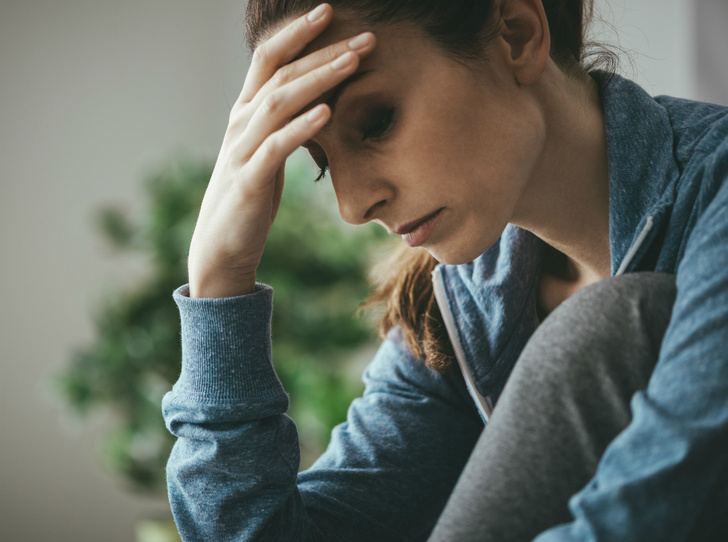
This list is only preliminary. It is also possible that some individuals are more prone to biological responses as well. Brain chemistry fluctuates based on energy levels, time of day, diet, and other factors that may differ at night compared to during the day. Also, some people become their own mental enemy in the evening.
As soon as you start to wonder whether or not you are more prone to evening anxiety, you are also psyching yourself up to anticipate evening anxiety. As strange as it sounds, the very realization that you have evening anxiety may make evening anxiety more likely.
The most likely reason is simply the lack of distractions. Anxiety tends to take over when we are lost in our own thoughts, and unfortunately, most people have little to think about at night that prevents them from focusing on their anxiety. But again, it may be any combination of causes.
How to Prevent Evening Anxiety
There are some very simple ways to reduce evening anxiety, at least comparatively.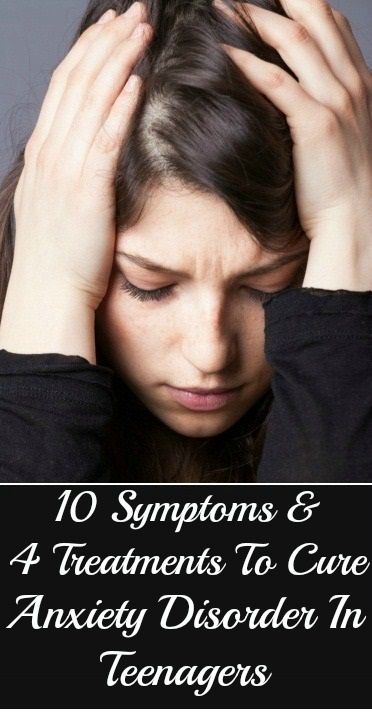 Overall, the only way to guarantee that you do not get anxiety in the evenings is to manage your anxiety altogether. But in the absence of that option, there are strategies that can help you break the cycle of anxiety at night. These include:
Overall, the only way to guarantee that you do not get anxiety in the evenings is to manage your anxiety altogether. But in the absence of that option, there are strategies that can help you break the cycle of anxiety at night. These include:
- Staying Busy - The first thing you need to do is try to stay busy. No matter how tired you are from work, make sure that you have planned several things to do once you are off work that you enjoy. This will reduce the time spent moping or lost in your own head, which is important for reducing anxiety.
- Post Work Exercise - You should also make sure that you are physically active. One of the best short-term anxiety cures is aerobic exercise. If you can get yourself exercising right before or while your anxiety hits, you will find that your anxiety symptoms decrease and your ability to cope with stress improves.
- Creating a Boring Routine - If staying busy and exercising is not something you can do, a boring routine may help.
 Routines are all about comfort. As long as your routine involves doing something, you will find that the act of knowing exactly what you are doing at all times can be very calming to the mind and body.
Routines are all about comfort. As long as your routine involves doing something, you will find that the act of knowing exactly what you are doing at all times can be very calming to the mind and body. - Goal Setting - You should also consider giving yourself goals - goals that you can work on every night. This relates to staying busy, of course, but they also ensure that each night is spent focusing on the future, not just the present. Even if one of those goals is to finish a jigsaw puzzle, as long as you are working on it, you will improve your ability to cope with anxiety.
- Self-Awareness - Finally, make sure that you are aware of your anxiety and its triggers. The more in-tune you are to the way you feel, the more you can break the anxiety cycle. When you start feeling anxiety at night, do not try to fight it. Acknowledge it to yourself, try to examine what you are actually doing during your anxiety, and then work on figuring out how to manage it.
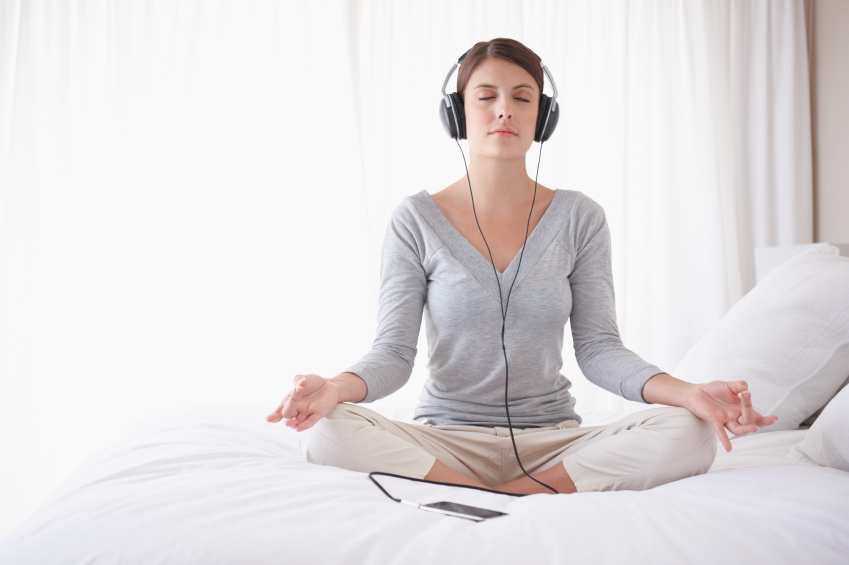 Fighting anxiety exacerbates it, but accepting it and moving forward can significantly reduce its impact.
Fighting anxiety exacerbates it, but accepting it and moving forward can significantly reduce its impact.
These are all tools designed to break the evening anxiety cycle. They are not going to cure your anxiety altogether, because they are not anxiety coping skills. Instead, it will work towards helping you properly assess evening anxiety and possibly reducing it.
You will still need to partner any of these strategies with a long-term anxiety treatment. It ensures you experience less anxiety overall, not just at night.
Was this article helpful?
- Yes
- No
Does Your Anxiety Get Worse at Night? 6 Steps to Manage Evening Anxiety
Does your anxiety get worse right as you lay down to relax and go to sleep? It might surprise you, but nighttime is a common time for anxiety to flare for many people after a stressful day due to changes in hormones and chemistry.
Anxiety is your body’s normal response to stress, but bedtime is usually when your stress levels should be the lowest–so why is anxiety often at its highest?
For millions of people, their nights are disrupted by racing thoughts and anxiety that can interfere with a good night’s sleep, which only further complicates the ability to regulate your mood the next day (1).
At night, anxiety might feel like (2):
- Racing thoughts
- Restlessness
- Self-doubt
- Intense worry about work, finances, or personal relationships
- Heart palpitations
- Questions about self-worth
- Feelings of dread
Nighttime anxiety might also cause panic attacks, nightmares, and insomnia.
If symptoms persist during the day, you may have a panic disorder, or generalized anxiety disorder or GAD. Let’s find out why anxiety often gets worse at night, and what you can do to relax and get some sleep when you have anxiety before bed.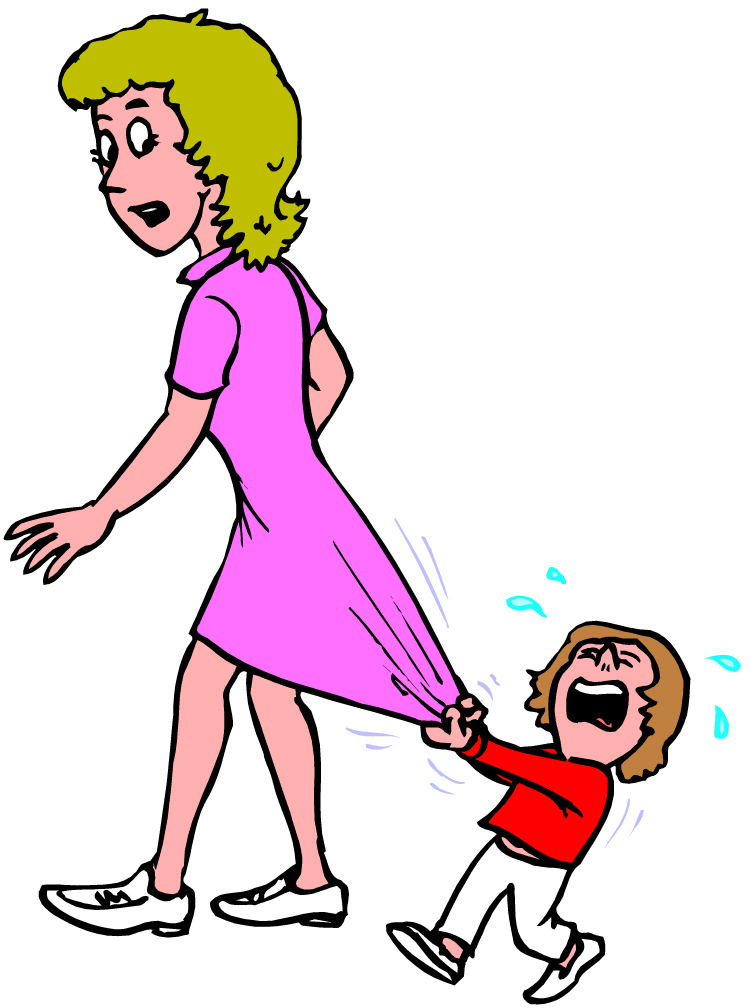
Why Does Anxiety Get Worse at Night?
You’re tucked in on the couch with a mug of warm tea wearing comfy pajamas with your best furry friend at your side–this is your ultimate safe space.
Far away from your boss, email notifications are finally turned off, and you no longer have anyone pulling your attention from one crisis to the next. So why do you feel more uneasy and anxious than you have all day?
This seems like the exact opposite of how you expect to feel anxiety, but if you experience it, you know that you don’t get to choose when it bubbles up.
In the evenings when your day winds down, for many people it’s the first time all day where no one is asking for your attention, and you’re not moving from task to task. You’re alone with your thoughts, and an entire day’s worth of worries and anxiety comes flooding into your mind after building in the background all day.
Simply put, no distractions equals more anxiety.
For simple, holistic anxiety solutions you can start right now, download the anxiety guide here!
An Anxious Day Creates an Anxious Night
Sleep problems, especially anxiety at night, are usually created during the day. If you don’t have a good way to manage stress and anxiety during the day, don’t expect it to disappear at bedtime (3).
If you don’t have a good way to manage stress and anxiety during the day, don’t expect it to disappear at bedtime (3).
In our culture where productivity is valued above almost all else, and it’s nearly a necessity to stay hyperconnected, it’s important to put into place intentional relaxation and mindfulness that will reduce stress during the day, so anxiety doesn’t come flooding you once you try to sleep.
In addition, there are also hormonal and chemistry changes that can affect your anxiety, which make dealing with stress that much harder.
Problems That Cause Nighttime Anxiety
Hormone Imbalances
Hormones play a big role in women’s health, and make a big difference in anxiety levels. PCOS, and other hormone imbalances can negatively affect your mood and symptoms of anxiety.
PCOS, for example, can inhibit ovulation in women, which worsens symptoms of anxiety especially just before your period (4).
Nutrient deficiencies, high-stress jobs, lack of support for busy moms, under-eating–and even over-exercising–can all impact your body’s fight-or-flight response.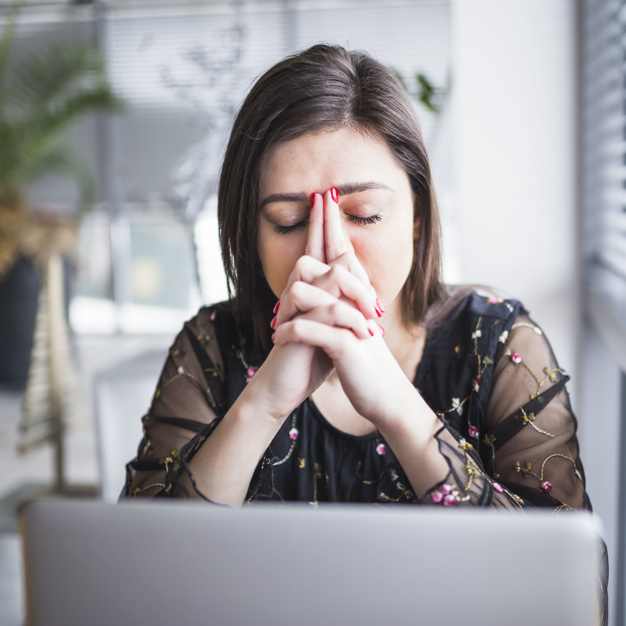
This constant stress response can kick anxiety into high gear, especially at night when you should be feeling relaxed.
Poor Digestive Function
Gluten, dairy, and other allergens can create inflammation in your gut that can affect your mood and brain.
Plus, problems like Candida overgrowth, gut dysbiosis, a leaky gut, or food sensitivities can increase inflammation and increase feelings of anxiety. Many mood disorders begin in the gut because hormones and neurotransmitters–the signals that control your mood–are made in your digestive system.
If you’ve been feeling fatigued, but often can’t get to sleep at night, and you’re relying on caffeine to get you through the day, start by fixing your gut to heal these issues.
Steps to Reduce Bedtime Anxiety
Practice being present.
Whether you realize it or not, you probably spend a lot of time worrying about the future or replaying past events. This is common for women who experience anxiety, but it also piles on unnecessary stress to your daily activities.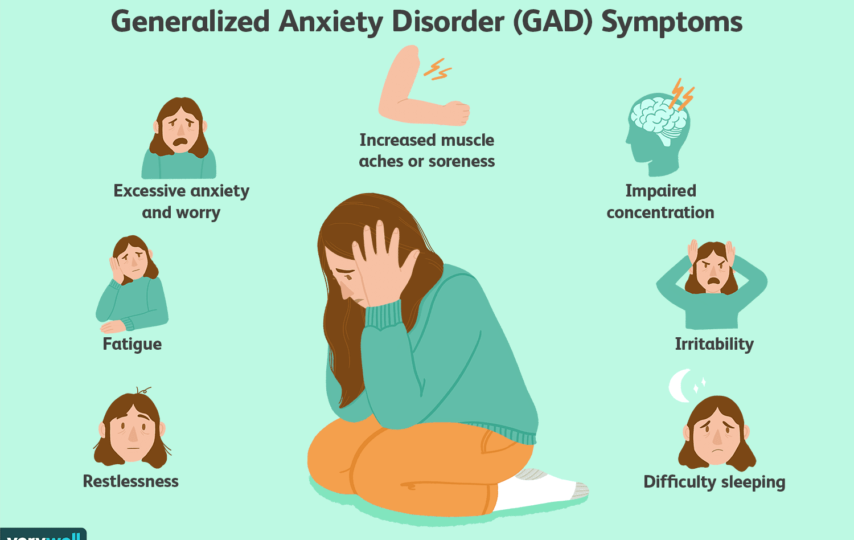
Focus on the present moment by noticing how you feel right now, the simple joy of a sip of warm tea, a hug from a friend, or the satisfaction of a deep breath. You’ll likely hear this concept called mindfulness, and it can help you to train your brain to seek the positive instead of focusing on worries from the past or future.
If it seems difficult, don’t worry, mindfulness is a skill that can be learned and improved upon over time.
Build in time to wind down before bed.
Life is busy, and it’s easy to let the many things that are constantly trying to steal your attention take over. But a jam-packed schedule right up until the moment you go to bed sabotages a healthy sleep rhythm.
Your brain and body need time to calm down and relax, and produce messengers like melatonin that naturally help you get to sleep. Give yourself more transition time between your final nightly activities and when you need to finally let your brain relax. One way to do this is by working on the next point!
Stick to a bedtime routine.
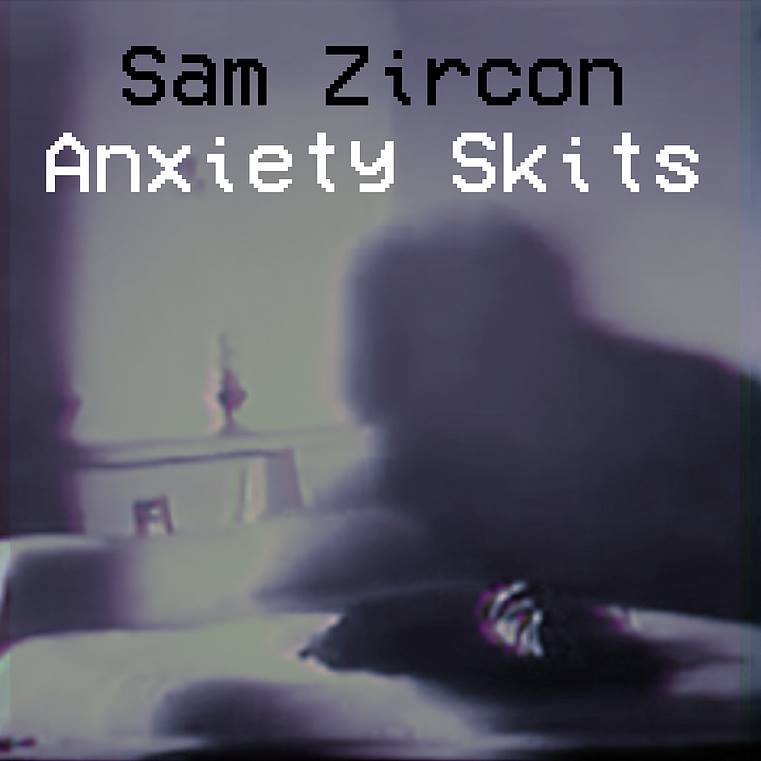
A nightly routine can help you focus on your calming rituals instead of honing in on your anxiety.
Your bedtime routine should be centered around activities that promote relaxation–so nothing that will be too stimulating. A warm bath, journaling, or reading are great choices. Some people like to diffuse essential oils like lavender in their bedroom, or set up a noise machine to play calming sounds. Omit any blue light from devices, or don’t include them as part of your nighttime routine.
Spend time outside in the morning, or evening.
Decrease anxiety and promote a healthy circadian rhythm by spending time outside first thing in the morning, or in the evening when the sun begins to set (5).
Exposing your eyes to sunlight at certain times of day can help regulate your natural sleep rhythm, called your circadian rhythm. This helps your body produce melatonin to help you sleep, and decrease hormones like cortisol, which can make anxiety worse.
Avoid social media in bed.

This one is a no-brainer for reducing anxiety at bedtime. Browsing social media feeds keeps your brain in a stimulated state, which can worsen anxiety and make it a lot harder to fall asleep (6).
Consider bedtime supplements to calm anxiety.
Magnesium is a simple, inexpensive, and effective way to relax a busy or tense mind in the evening. Serenease contains 420 mg of magnesium from the 6 most functional types of this miracle mineral.
Chamomile tea has also been shown to support a feeling of calm and ease before bed (7). You can find chamomile in the tea section at most grocery stores, or steep the dried flowers yourself.
To help you fall asleep, magnolia bark is a staple in Eastern medicine, and has been shown to decrease the time it takes to fall asleep, as well as increase total sleep time (8).
Sleep Savior contains both magnolia bark and magnesium, plus 3 mg of melatonin to help you drift off for a restful night’s sleep.
Chinese Medicine Remedies for Anxiety
Eastern remedies for anxiety focus heavily on adaptogenic compounds that support your body’s response to stress.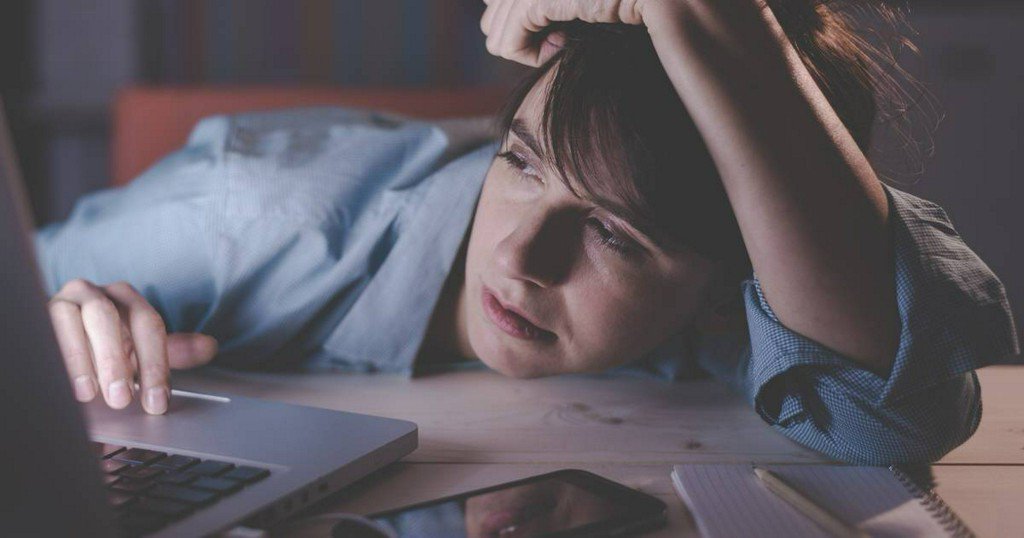 Adaptogens do just what their name implies–help your body adapt! Here are some of my Eastern remedy favorites for combating anxiety:
Adaptogens do just what their name implies–help your body adapt! Here are some of my Eastern remedy favorites for combating anxiety:
- Reishi mushroom
- Jujube (red or Chinese date)
- Ashwagandha
- Holy basil or tulsi
- Bacopa
- Passionflower
- Lemon balm
- Magnolia bark
Ayurvedic medicine suggests calming the Vata dosha, which may be out of balance and trigger anxiety.
An imbalance in Vata craves a stable routine, such as waking and going to bed at roughly the same times each day. Be consistent with relaxing rituals such as meditation or yoga practices, and try to be consistent with mealtimes from day to day.
Spending time in nature is also inherently harmonizing for Vata.
In Summary
Anxiety at night affects millions of women, whether they’re diagnosed with anxiety disorders or not.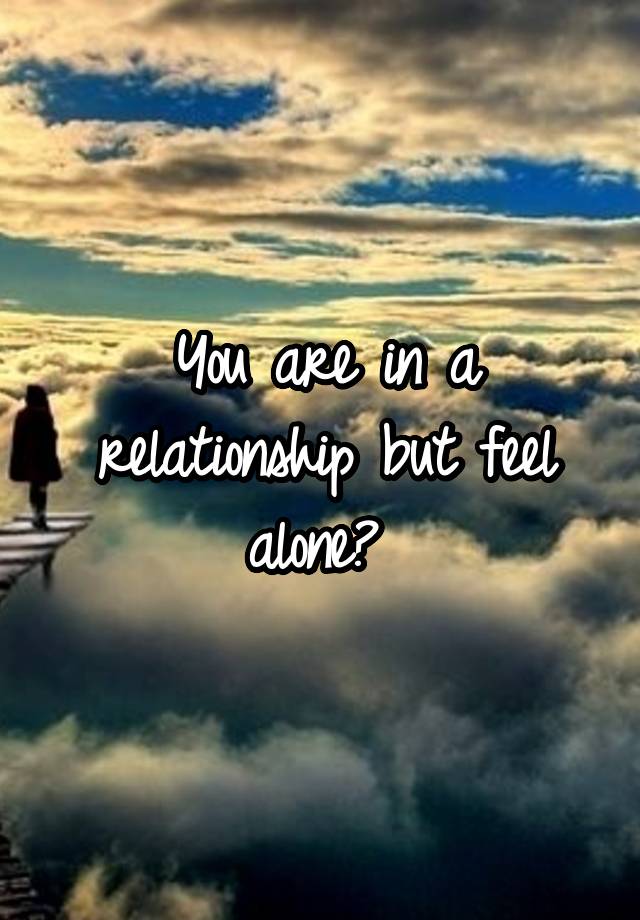 Taking a holistic approach to treating anxiety is always more beneficial because it allows you to address the multiple factors that impact your mood from the time you get up in the morning, to the time you go to sleep at night.
Taking a holistic approach to treating anxiety is always more beneficial because it allows you to address the multiple factors that impact your mood from the time you get up in the morning, to the time you go to sleep at night.
Anxiety tends to get worse at night due to high stress during the day, hormonal imbalances, and even poor gut health. To minimize your anxiety at night it’s important to heal any nutrient deficiencies, digestive troubles, as well as put into place mindfulness and stress management techniques.
Are you DONE dealing with overwhelming anxiety? Get natural solutions you can start right now. Download the Anxiety Guide FREE.
Resources
- https://www.sciencedirect.com/science/article/abs/pii/S0022395609000211?via%3Dihub
- https://www.nimh.nih.gov/health/topics/anxiety-disorders/
- https://www.
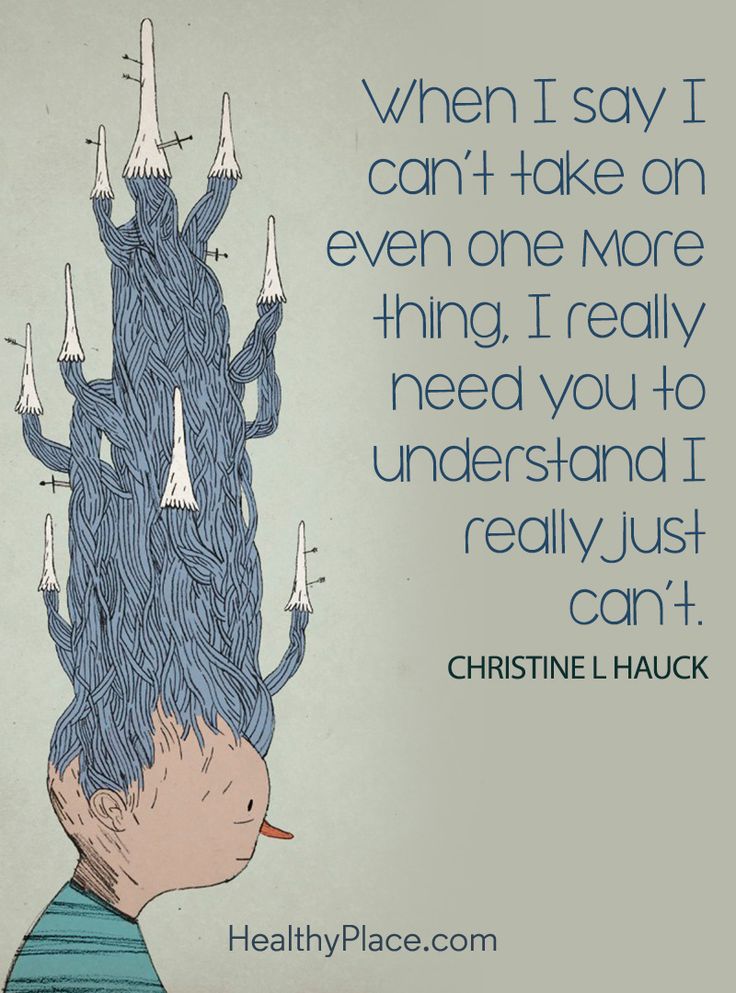 ncbi.nlm.nih.gov/pmc/articles/PMC3181635/
ncbi.nlm.nih.gov/pmc/articles/PMC3181635/ - https://pubmed.ncbi.nlm.nih.gov/25481417/
- https://www.nature.com/articles/s41398-020-0694-0
- https://www.sleepfoundation.org/how-sleep-works/sleep-and-social-media
- https://www.ncbi.nlm.nih.gov/pmc/articles/PMC2995283/
- https://pubmed.ncbi.nlm.nih.gov/22771461/
Unreasonable anxiety - why there is a constant state of anxiety
All people experience anxiety from time to time. For example, you can get nervous when you have a fight with a loved one or before taking an exam. Anxiety itself is not a very pleasant emotion, but it is completely normal.
Sometimes anxiety becomes persistent and uncontrollable. In situations where it interferes with everyday life, takes on a permanent or excessively acute character, the problem cannot be ignored. You should contact a specialist and figure out what anxiety means in your case. Perhaps you need qualified help.
Perhaps you need qualified help.
Anxiety disorders are one of the most common mental illnesses in modern society.
Anxiety disorders are one of the most common mental illnesses in modern society. Usually a person cannot understand what anxiety means, from which it is impossible to get rid of. The disease makes you feel scared and restless for no apparent reason. If left untreated, it becomes a long-term problem and significantly reduces the quality of life. At the same time, no matter what form of anxiety disorder the patient suffers from, an experienced specialist will always select a therapy that will help to cope with the disease.
What is the alarm
Common signs of anxiety disorders to look out for include:
- Feeling nervous and uncontrollable restlessness that is not appropriate for the situation;
- Unreasonable panic, premonition of catastrophe or death;
- Increased activity of the autonomic nervous system: dizziness, sweating, trembling, rapid breathing, palpitations, pain in the heart, dry mouth, nausea, stool disturbance;
- Sleep and appetite disorders;
- Problems with concentration, inability to distract from the object of concern;
- Anxiety, irritability;
- Strong, uncontrollable feeling of fear in relation to ordinary situations (phobias).

Anxiety, whatever it may be, always has characteristic features and causes. The concept of "anxiety disorder" is general and corresponds to several diagnoses, each of which has its own characteristics. It is important to distinguish one from the other in order to correctly diagnose and choose the correct treatment. Experience and high qualifications will allow a specialist to do this without difficulty.
Generalized Anxiety Disorder (GAD) is a mental illness characterized by so-called non-fixed anxiety. This is groundless anxiety, which does not depend on specific circumstances, but is persistent and uncontrollable. Physical manifestations in the form of vegetative symptoms are added to anxiety. All this greatly interferes with studying, working and communicating. Clinically significant is the presence of signs of GAD for 6 months.
A distinctive feature is the generalization of sensations: constant anxiety in GAD does not have a specific stressor, it is directed to life circumstances in general, including minor and unlikely situations. The course is permanent, the symptoms are always present, from time to time they intensify, but they never acquire an acute form, as in panic attacks.
The course is permanent, the symptoms are always present, from time to time they intensify, but they never acquire an acute form, as in panic attacks.
The concept of "anxiety disorder" is general and corresponds to several diagnoses, each of which has its own characteristics.
Panic disorder (panic attacks) are abrupt episodes of panic and discomfort, which are accompanied by fear of death and physical manifestations: interruptions in the heart, feeling short of breath, dizziness.
Unlike GAD, panic attacks occur spontaneously and acutely. Patients are in constant expectation of an attack, they experience a debilitating feeling of anxiety. With GAD, a person is constantly in a state of anxiety, but it is not associated with the expectation of an attack, but with bad forebodings and fears about all kinds of life situations.
Panic attacks are also important to distinguish from phobic disorders. Attacks can be one of the signs of a phobia and speak of its severity. If there is a primary phobia, then it will be the main diagnosis.
If there is a primary phobia, then it will be the main diagnosis.
This disorder should be differentiated from obsessive-compulsive disorder (OCD), in which panic attacks can occur only when trying to suppress intrusive thoughts, and from post-traumatic stress disorder (PTSD). In the latter case, anxiety occurs only under certain circumstances that remind the patient of the cause of the trauma.
People suffering from this disorder do their best to avoid frightening circumstances, which can impose significant restrictions on lifestyle.
Phobic disorder (phobias) are acute episodes of panic that are associated with specific situations and objects. People suffering from this disorder do their best to avoid frightening circumstances, which can impose significant restrictions on lifestyle.
Among the phobias, there are social phobia - an overwhelming fear of social interactions, and agoraphobia, which is a complex of similar fears associated with the fear of open and closed spaces. There are other isolated phobias, but a distinctive feature of this type is that the fear occurs in strictly defined situations and is limited only to them.
There are other isolated phobias, but a distinctive feature of this type is that the fear occurs in strictly defined situations and is limited only to them.
Anxious depression. The usual signs of an anxiety disorder are characterized by nervousness, irritability, problems with sleep and concentration. But, unlike other disorders, the depressive component is also mandatory - depressed mood, melancholy, lack of interest in life. In mixed anxiety and depressive disorder, the symptoms of anxiety and depression are present to an equal degree, without a clear predominance of one over the other, which does not allow them to be considered separately from each other.
Schizoaffective disorder is another disease in which mood disorders are observed: unreasonable anxiety, guilt, problems with concentration, irritability, and more. However, according to ICD-10, this diagnosis can only be confirmed when the psychotic symptoms of schizophrenia, such as delusions and hallucinations, are combined with affective disorders of a depressive or manic nature.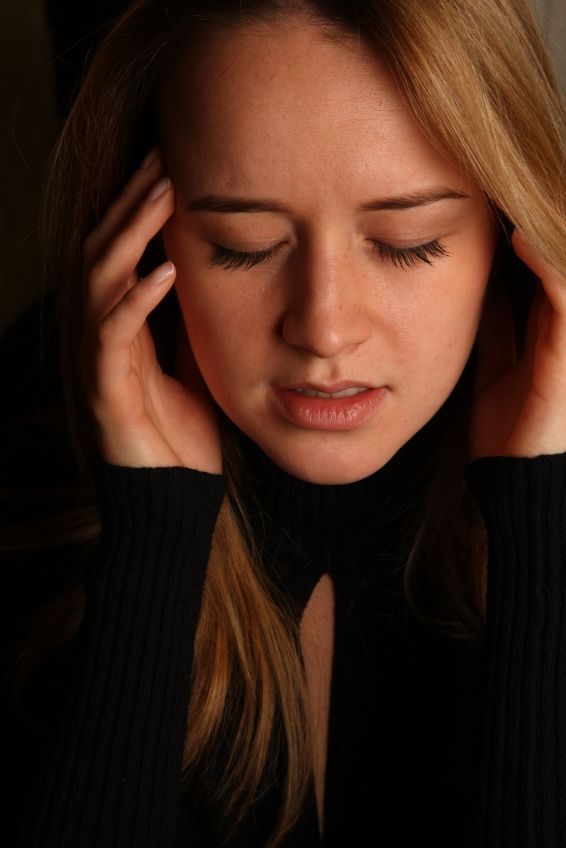
Obsessive-compulsive disorder (OCD) is obsessive ideas based on irrational thoughts and fears that force a person to perform certain actions - rituals (ritual behavior).
To alleviate concerns, a person can endlessly wash their hands, even if the skin on them becomes irritated and cracked.
Obsessions and compulsions greatly interfere with daily activities. If a person tries to ignore these thoughts, anxiety increases. Because of this, the patient is forced to continue to perform the ritual in order to relieve stress. OCD often centers around specific themes, such as the fear of germs. To alleviate concerns, a person can endlessly wash their hands, even if the skin on them becomes irritated and cracked.
Alarm causes. Diagnostics
The causes of anxiety disorders are varied, as are the types themselves. Usually, in the pathological state of unreasonable anxiety, the causes consist of a complex interaction of factors that may include:
- genetic predisposition;
- imbalance of neurotransmitters;
- personality traits: people with a labile psyche, sensitive temperament, prone to negative emotions;
- stressful situations, mental trauma, unfavorable living conditions, somatic diseases;
- use of drugs, alcohol, improper medication.

Only a qualified psychiatrist can correctly identify the causes of anxiety and provide assistance. You can not delay seeking help, as the condition may worsen and be complicated by social isolation, suicidal actions and various types of addiction.
To conduct a complete diagnosis of the condition, the doctor uses the following methods:
- Psychiatric examination - a specialist collects a detailed anamnesis, takes into account clinical manifestations and compares them with diagnostic criteria.
- Pathopsychological research is a modern technique that helps to understand the personal characteristics and psychological state of the patient.
- Laboratory and instrumental examination - Neurotest and Neurophysiological test system allow you to get an objective idea of the state of the nervous system and cognitive functions, EEG and other instrumental methods help to exclude organic pathology
Treatment of anxiety and anxiety disorders
Treatment depends on the type of disorder and may include one or a combination of the following approaches.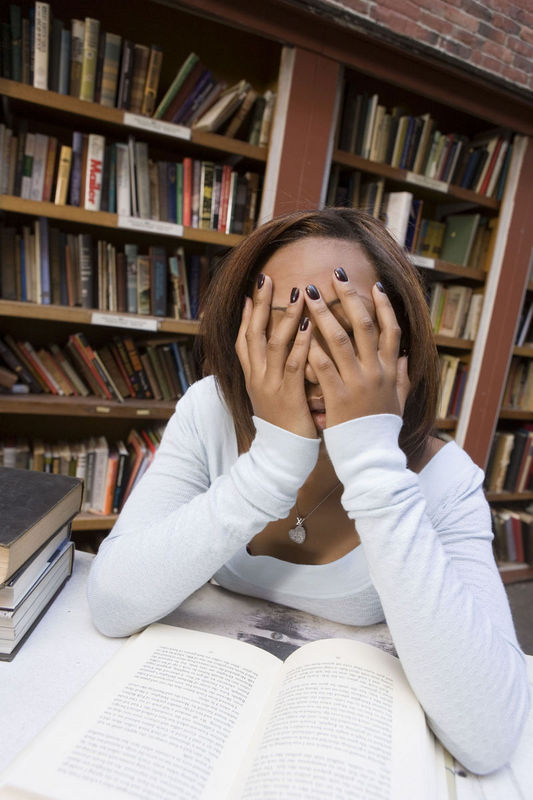
Individual psychotherapy is the main treatment for any type of disorder. Allows you to find out why anxiety has arisen and whether it is pathological. Clinical signs are analyzed and problems are worked out.
One of the effective methods for correcting anxiety disorders, especially phobic ones, OCD and GAD, has become cognitive behavioral therapy. With the help of modeling problem situations, the patient, under the guidance of a doctor, learns to cope with panic and acquires skills that allow him to return to a normal lifestyle.
Drug therapy to eliminate acute symptoms, relieve anxiety and depression, if necessary, mild pharmacotherapy with antidepressants or modern tranquilizers can be used.
As additional methods that accelerate adaptation and help to cope with stress, physiotherapy, breathing exercises, art therapy, biofeedback therapy are used.
Important
When to seek immediate help:
- When the condition interferes with work, relationships and other areas of life;
- If the person cannot control their fear or intrusive thoughts;
- If a person feels constantly depressed, disturbed in sleep and concentration, consumes large amounts of alcohol to cope with anxiety;
- There are suicidal thoughts.
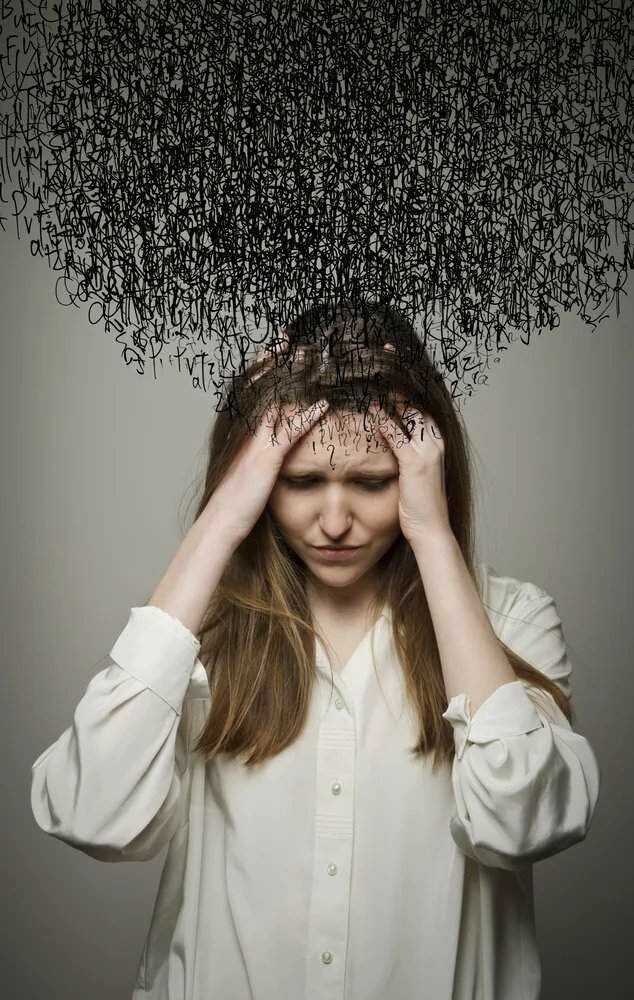
The symptoms of an anxiety disorder do not go away on their own. This is a serious problem that, without specialized help, progresses over time. To avoid this and return to a full life without painful fears, you need to contact a specialist. The sooner the patient starts therapy, the faster and easier it will be to get the result.
treatment, how to get rid of anxiety, how to deal with anxiety for no reason
Anxiety is a negatively colored mood with feelings of worry, tension, and fear. In moderation, such emotions are useful: they help to mobilize forces and find a way out of extreme situations. But there must be grounds for concern, and normally it lasts a limited period of time.
If a person constantly experiences a feeling of anxiety and anxiety for no reason, this may indicate the presence of a mental disorder. In the absence of help, constant tension wears out the nervous system and the body as a whole, which leads to a breakdown in adaptation mechanisms and the development of chronic diseases.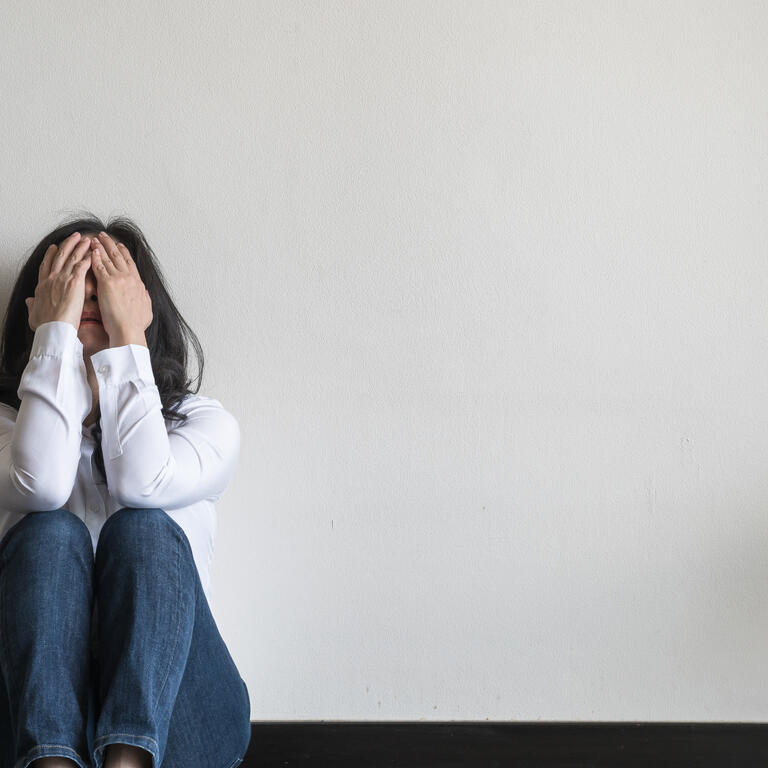
If you notice that you cannot relax for a long time, then you should think about visiting a specialist.
In pathological cases, the state of anxiety and restlessness without a cause manifests itself both mentally and physically.
Mental symptoms:
- constant feeling of fear and excitement for no reason,
- poor concentration and attention,
- sleep disorders,
- emotional lability, irritability, tearfulness,
- inability to relax and fully engage in daily activities or communication,
- the need to reassure others that everything is okay. At the same time, words of support do not bring relief.
Physical symptoms:
- rapid breathing and heartbeat,
- headaches, pain in the abdomen and in the region of the heart,
- excessive sweating,
- eating disorders: increased or loss of appetite,
- weakness,
- shivering, chills,
- stool disorders: frequent urge, constipation,
- feeling short of breath,
- nausea,
- muscle spasms and pain.
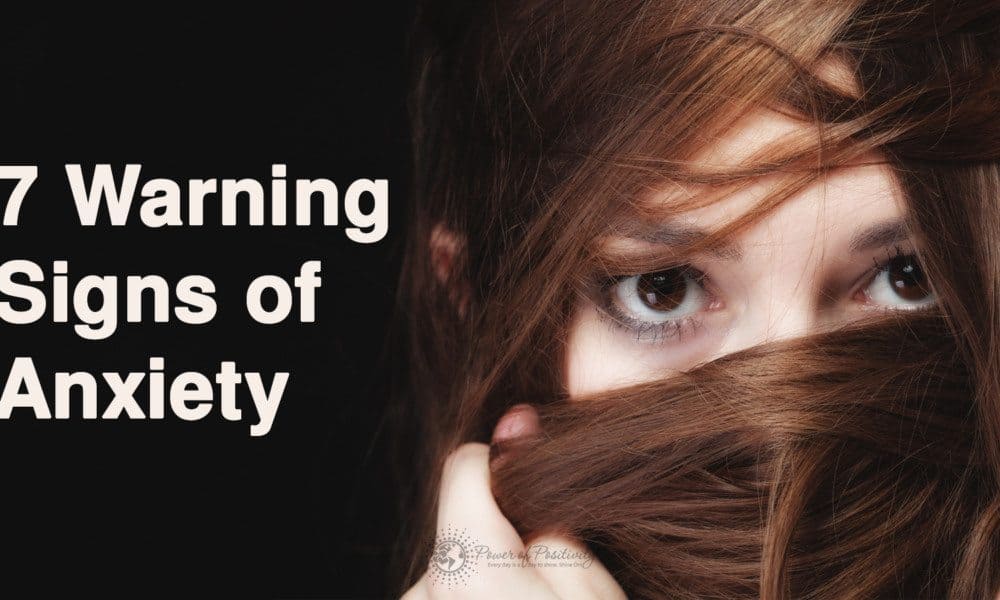
Unreasonable anxiety and anxiety increase or smooth out from time to time. Exacerbations often accompany stress: conflicts, important events, illness. Normally, a person recovers quickly after the situation is resolved, but when upset, negative emotions do not go away.
The intensity of anxiety varies from mild to severe. The extreme is panic. If you ignore an anxiety state for a long time for no reason, then panic attacks can join it. They overtake unexpectedly and sometimes without a good enough reason, but after this episode, a person begins to avoid situations similar to the one in which it happened: public transport, an elevator, or just a crowd of people. This greatly reduces the quality of life and can lead to social isolation.
Causes of causeless anxiety and anxiety
The occurrence of anxiety disorder is influenced by heredity. It has been found that certain brain structures and features of biological processes play an important role in the emergence of fear and anxiety.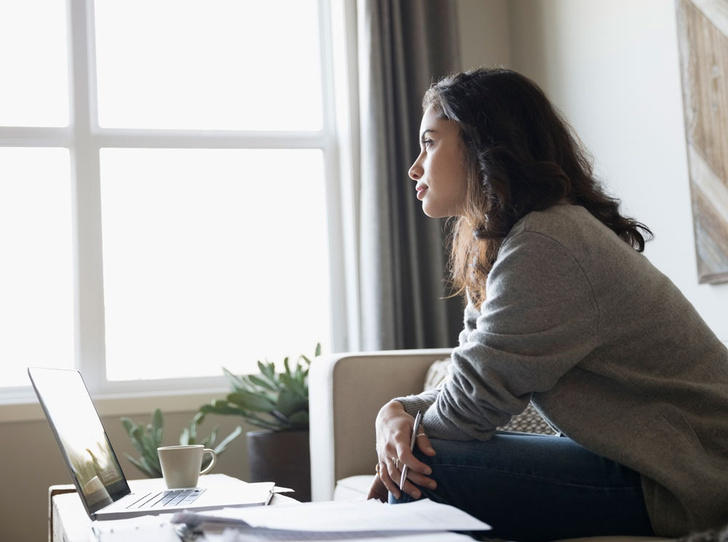 Personal characteristics, somatic health problems, lifestyle and various types of addictions also matter. Sometimes there is no cause for causeless anxiety and worry. Negative feelings usually have a trigger - an event or thought that causes an anxious response. However, most people are not aware of their triggers and believe that their emotions are groundless. In this case, only a specialist will help to understand why excitement arises for no reason.
Personal characteristics, somatic health problems, lifestyle and various types of addictions also matter. Sometimes there is no cause for causeless anxiety and worry. Negative feelings usually have a trigger - an event or thought that causes an anxious response. However, most people are not aware of their triggers and believe that their emotions are groundless. In this case, only a specialist will help to understand why excitement arises for no reason.
There are a number of diseases, the symptoms of which are constant anxiety. With causeless fear and anxiety, the reasons may be as follows:
- Generalized Anxiety Disorder: Constant nervousness and worry about small things that are usually visible to others and last 6 or more months. It starts in adolescence and intensifies with age.
- Obsessive-compulsive disorder: obsessive thoughts and fears that are accompanied by obsessive actions that do not bring relief. Obsessive-compulsive disorder is distinguished - a person is indomitably haunted by memories that reproduce a traumatic situation.
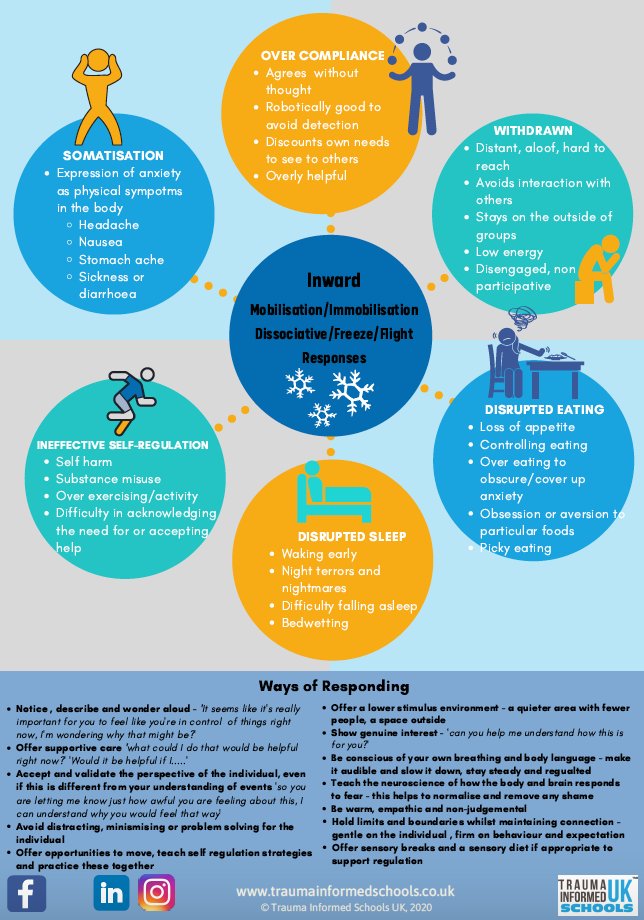
- Phobias: irrational fear of any, even mundane, things. Accompanied by uncontrolled panic and physical manifestations.
- Panic attack is an excruciating and sudden attack of panic, which is accompanied by a fear of death and vivid somatic symptoms. The regular occurrence of panic attacks means the development of a panic disorder.
- Post-traumatic stress disorder: occurs after a severe traumatic situation and is accompanied by high levels of anxiety, avoidance and flashbacks.
These are the most common examples, but pathological anxiety can be a symptom of other disorders or the result of a failed stress management. If you want to understand why there is a feeling of anxiety for no reason, you should consult a doctor. Without clarifying the main factor and working on it, it is impossible to restore health and peace of mind.
What to do with causeless anxiety and anxiety
It is difficult to live in constant stress. If you experience causeless anxiety and fear of what to do, the following list will tell you:
- Talk to someone you trust.
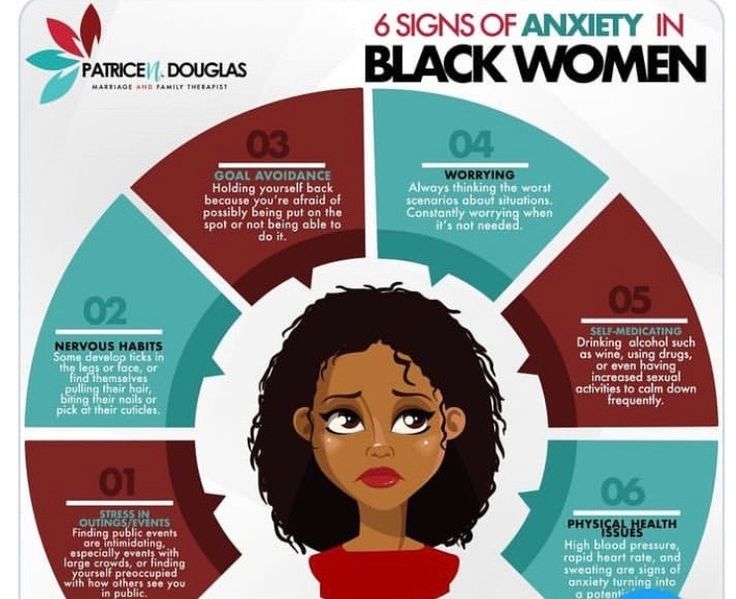 This could be a relative, a close friend, a therapist, or a helpline employee. People are social creatures, so communication is a good way to relieve internal tension.
This could be a relative, a close friend, a therapist, or a helpline employee. People are social creatures, so communication is a good way to relieve internal tension. - Find a way to calm down quickly. There is not always a person with whom you can share. Therefore, it is important to find a suitable method that will help you relax: breathing techniques, soothing music, aromatherapy, self-massage, and more. If you cannot independently choose a technique that quickly helps with anxiety for no reason, a specialist will tell you what to do.
- Add physical activity to your life. It is a natural and effective remedy for anxiety. Moderate sport relieves stress, lowers stress hormones, and strengthens the nervous system. Get at least 30 minutes of physical exercise a day.
- Normalization of lifestyle. Get enough sleep, eat well, give up bad habits. This stabilizes physical performance and neurotransmitter levels, which helps maintain emotional balance.
- Start keeping a diary.
 Notes help identify patterns of anxiety flare-ups, understand the causes, and notice early signs of their occurrence. Also, thanks to this, you will begin to focus more on positive events that you might not have noticed before.
Notes help identify patterns of anxiety flare-ups, understand the causes, and notice early signs of their occurrence. Also, thanks to this, you will begin to focus more on positive events that you might not have noticed before.
With excitement for no reason, everyone who regularly encounters this wants to know what to do. There is no universal method, however, the 5 steps listed above are recommended for every person with increased anxiety. This may be enough to alleviate symptoms. But if self-help techniques do not give the desired effect, then with a regularly occurring feeling of anxiety for no reason, you need to find out from a specialist what to do.
Treatment of causeless feelings of anxiety and restlessness
Regardless of the cause of pathological anxiety, professional help is the only complete method to eliminate the problem. If you have constant excitement and anxiety for no reason, you can quickly and effectively learn from a psychiatrist or psychotherapist how to get rid of this condition.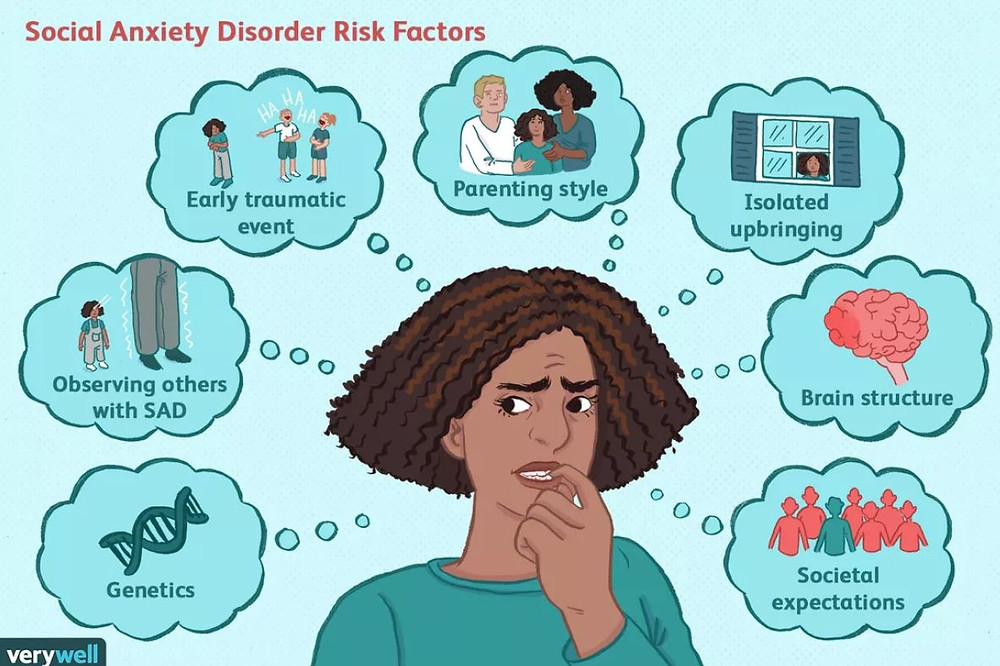
Due to the diversity of anxiety disorders, their therapy must be adapted to the individual clinical picture and diagnosis. Therefore, only a highly qualified specialist who has experience working with different types of anxiety conditions can tell you how to get rid of an anxiety state for no reason. For example, the therapy algorithm for a patient with obsessive-compulsive disorder (OCD) is different from the help for panic attacks.
For a state of anxiety and anxiety without a cause, treatment includes the following approaches:
- Psychotherapy. The most promising direction, which not only eliminates the symptom, but identifies the cause and fights it. Therapy teaches when feeling anxiety for no reason, how to get rid of acute attacks of anxiety, relax, look at life situations differently. The doctor will help to uncover the main causes of your fears and work them out. The patient receives the tools to overcome anxiety and uses them successfully. Cognitive-behavioral therapy is usually used: in the course of treatment, the patient encounters an object of concern and gradually gains confidence that he can control the situation.

-
Medical therapy. Depending on the type of anxiety and the presence of associated mental or physical health problems, antidepressants, sedatives, sleeping pills, and other drugs may be prescribed. When anxiety is felt without a cause, drug treatment will alleviate the symptoms and improve the quality of life of the patient during his psychotherapeutic work on the underlying cause. Uncontrolled medication leads to dangerous side effects and withdrawal syndrome, so they can only be used according to the individual course prescribed by the doctor.
It is recommended to use a combination of psychotherapeutic and drug treatment, but sometimes only the first one is enough.
You should not put off visiting a doctor if you feel that experiences are preventing you from living. Over time, the symptoms worsen and other severe mental illnesses join: depression, neurotic disorders, and more. If the normalization of lifestyle does not help, it means that you will understand how to get rid of unreasonable anxiety only from a psychotherapist.